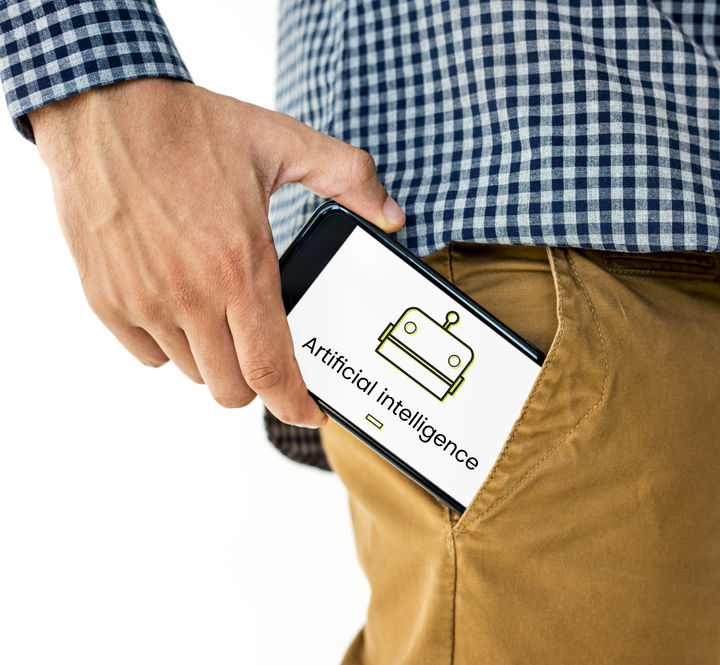‘2018 is year of AI’

Image: INQUIRER.net Stock Photo
Humanity has entered into a new era in which an individual can have a digital assistant and gadgets that can learn the user’s preferences.
Microsoft tags 2018 as the year of artificial intelligence, or AI. The company anticipates more widespread adaptation of AI to various uses beyond the realm of a virtual assistant.
In a statement, industry experts refer to the rise of AI as an “invisible revolution.” People may not realize it but AI already powers online recommendation engines, chatbots, newsfeed personalizations and credit-card protection systems. AI has become a pervasive part of daily life.
During the Consumer Electronics Show 2018 held in Las Vegas, multiple consumer products powered by AI were introduced. These ranged from smartphones and speakers loaded with virtual assistants like Cortana to appliances and cars.
Businesses would also benefit from AI, which could help them manage large amounts of data gathered by employees and other applications.
By 2020, research company Gartner predicts 85 percent of customer interactions with companies will be handled by AI. It would become the key technology deployed for customer service.
With AI becoming more widespread, ethical questions could surface. To answer these concerns, governments and industrial entities might start creating formal regulations in the usage of AI.
These are just some of the foreseeable developments. As AI continues to grow, humanity may need to act as an overseeing parent to a rapidly developing child. This may help ensure that AI works for and with humans, not the other way around. /ra
RELATED STORIES:
Virtual aide market a “wildfire” at CES gadget show
AI program created to give fuzzy, adoptable guinea pigs new names
14-year-old creates app to help Alzheimer’s patients recognize people